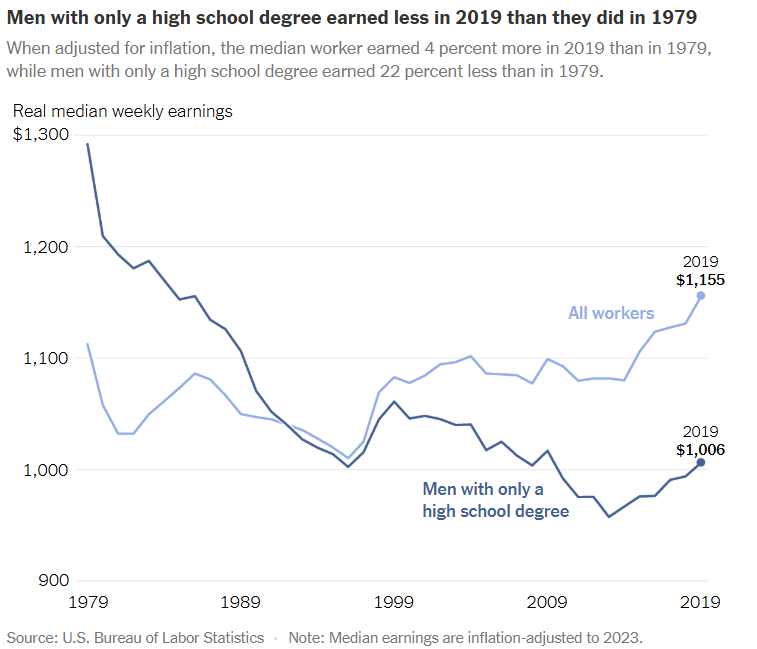Originally published in the New York Times
EUROPE’S economic problems are growing steadily worse, with unemployment in parts of the Continent now above the level reached in the United States during the Great Depression.
Meanwhile, policy makers dither over solutions. Last week, the European Central Bank cut interest rates by a meager quarter of a percentage point, akin to giving two aspirin to a patient with pneumonia. Meanwhile, pressure is growing to ease the emphasis on austerity and to allow larger budget deficits.
If it were only that simple.
Properly coupled with other new policies, fiscal stimulus can help, but on its own it is just an inadequate palliative.
The problems of the euro zone are not some routine cyclical downturn that can be rectified by traditional macroeconomic policy; they are deep structural flaws in both the design of the common currency and the economic policies of many of its members.
Most fundamentally, the design of the euro was ill conceived. A disparate group of 17 countries, ranging from the German powerhouse to weaklings like Greece, should never have been joined in a single currency without integrating their other economic policies.
As a consequence, while Germany grew ever more efficient, many other members allowed the cheap borrowing rates that accompanied the euro to lull them into complacency. Budget deficits expanded, wages rose rapidly and speculation in real estate ran rampant. Meanwhile, excessive regulation of business and labor made needed restructuring nearly impossible.
Take autos. The European automobiles industry resembles that of the United States, circa 2009: too many factories employing too many workers, able to make more cars than the market can absorb. And, doing it too inefficiently. A Fiat autoworker in Poland produces three times as many cars as a Fiat employee in Italy and is paid one-third as much. And yet, achieving an American-style restructuring in Europe is impossible. Closing a single plant, even in Germany, is an expensive and often unsuccessful effort.
When Peugeot ran into liquidity problems last fall, the French government provided up to seven billion euros in loan guarantees, but only if Peugeot spared some of the 8,000 jobs on its cutting board. Saving unproductive jobs is not a recipe for economic prosperity.
In contrast, there’s Spain, where a more flexible labor market has led to higher productivity and competitiveness and in turn, to expanded production by a raft of automakers, including Nissan, Ford, Renault and Volkswagen.
Spain remains plagued by high unemployment and recession. But better competitiveness has led to rising exports and a workable base for future expansion.
Ireland has done even better in improving its competitiveness, and as a result its exports have boomed, growth has resumed and its double-digit unemployment rate has begun to tick down.
But two of the largest euro zone economies — Italy and France — seem paralyzed. For example, Italy, under the previous prime minister, Mario Monti, made modest reforms like higher retirement ages and more freedom for employers to shed workers. While the reforms did not go far enough, even Mr. Monti’s small steps were soon watered down. He lost the most recent election, and his successor has been conspicuously silent about the needed structural changes.
Competitiveness is not the only problem. Banks, because of their own weak balance sheets and a fear of more losses, have been wary of lending to small and medium-size businesses, and when they do it’s at a high interest rate. In Italy, where 80 percent of workers are employed by small or medium-size firms, borrowing costs are around 6 percent, compared with 3.5 percent in Germany. Nothing significant has been done to address this problem.
To be fair, the euro zone has been taking small steps toward the greater integration that is required. A banking union and single regulatory framework are under development. And discussions are under way over a deal in which the austerity regime would be relaxed for certain countries, including France, in return for structural reforms.
But incrementalism is an insufficient response. Europe should pursue full economic integration, much like the United States did in 1789, after the failed Articles of Confederation experiment. That would involve harmonized regulatory policies and a shared central government budget that would provide extra funds to troubled countries, just as America does for weaker states.






